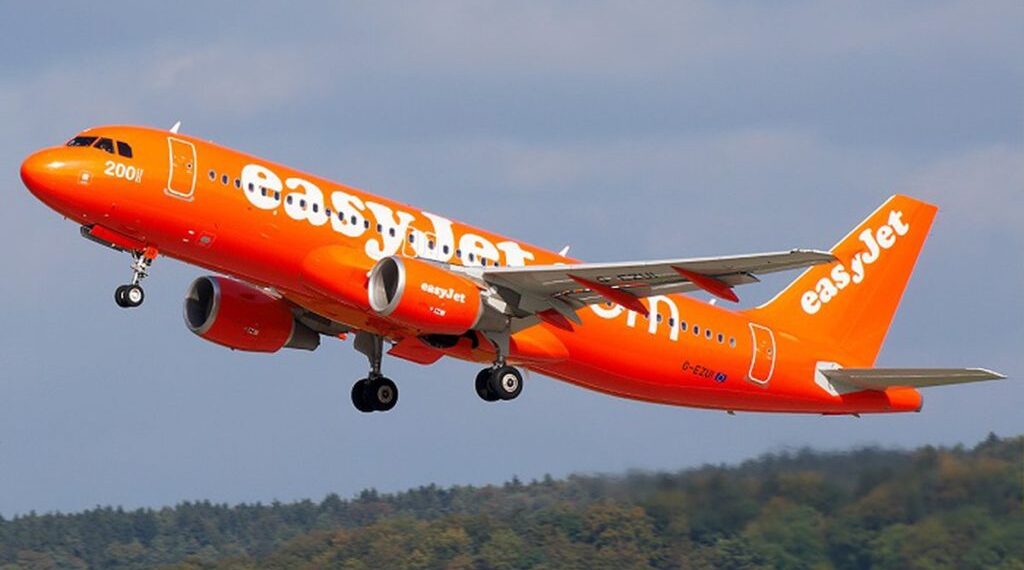easyJet, Europe’s leading airline, has announced it is working with Cranfield Aerospace Solutions to support the development of its hydrogen fuel cell propulsion system for commercial aircraft, as part of the airline’s ambition to de-carbonise aviation.
Cranfield Aerospace Solutions is developing its hydrogen fuel cell propulsion system for an existing 9-seat Britten-Norman Islander aircraft, which is planned to be flying by 2023, and is now working with easyJet to understand how the adoption of zero-carbon technologies could integrate with an airline operations for future introduction of the technology.
easyJet will support Cranfield Aerospace Solutions on the project, providing an airline operator’s perspective on the development of hydrogen propulsion and internal expertise, to assist in the development of this technology for commercial aviation.
Championing the development of a zero-emission aircraft to de-carbonise aviation has long been a focus for easyJet and the airline is working with partners across the industry like Cranfield, as well as Airbus, Rolls-Royce and Wright Electric, to accelerate the development of zero-emission technologies and supporting infrastructure. The airline is optimistic that it could begin flying customers on planes powered by hydrogen-combustion, hydrogen-electric or a hybrid of both by the mid to late-2030s.
In November, the airline announced that it has joined Race to Zero, a global UN-backed campaign to achieve net-zero carbon emissions by 2050 at the latest. In joining Race to Zero, the airline is committing to set an interim science-based target for 2035 as well as to reach net-zero carbon emissions by 2050, of which technology for zero-emissions flying will play an important part.
In 2019, it became the first major airline worldwide to offset the carbon emissions from the fuel used for all its flights, and currently remains the only major airline in Europe to do so. This comes at no additional cost to its customers and the airline only supports projects that are certified by either Gold Standard or Verified Carbon Standard. This is an interim measure while new technologies are developed.
Beyond carbon, easyJet is focusing on reducing plastic – more than 36 million single-use plastic items were eliminated – as well as reducing waste within its wider operations and the supply chain. The airline recently introduced new crew uniforms made from recycled plastic bottles. With 45 bottles in each uniform this has the potential to prevent 2.7 million plastic bottles from ending up in landfill or in oceans over the next five years.


































